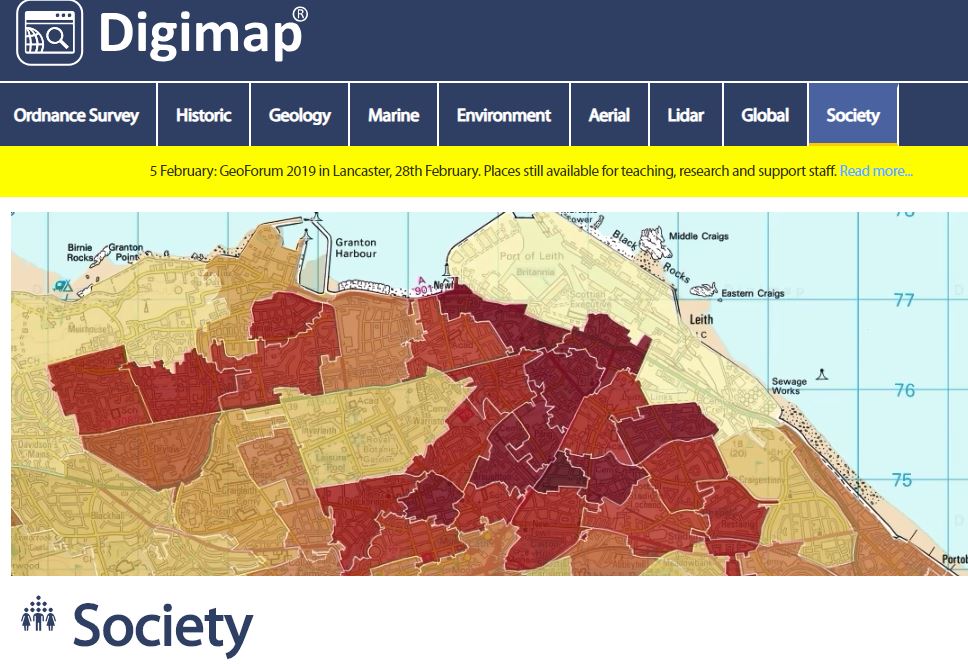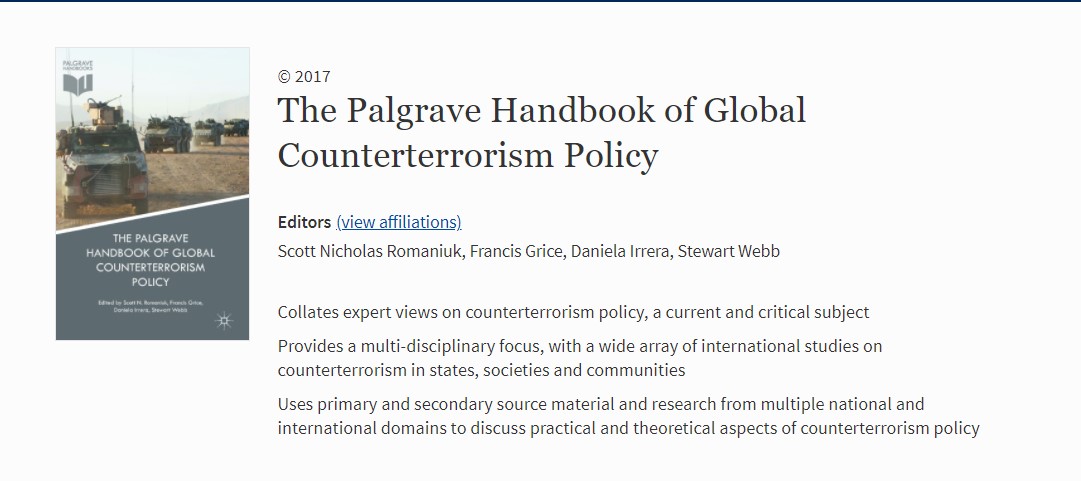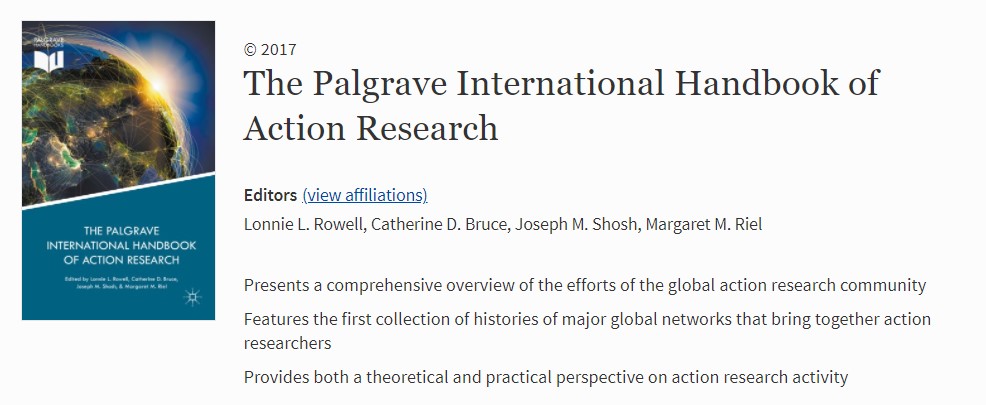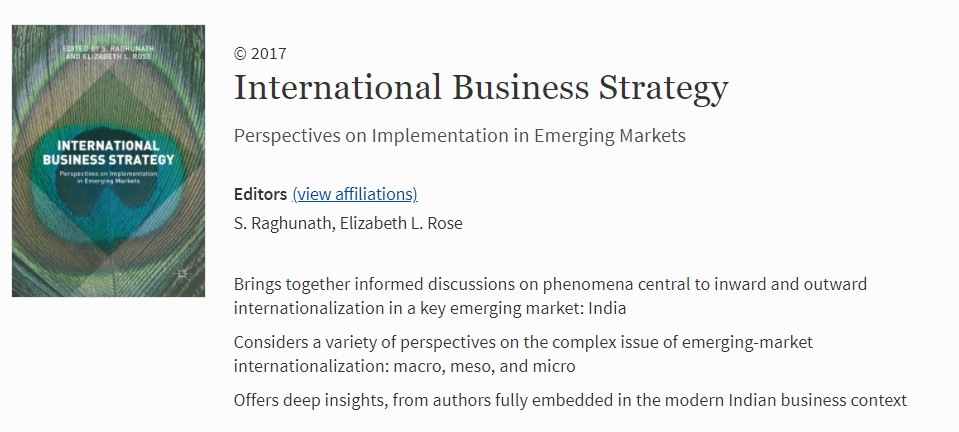We have been busy buying new journal titles and some backfiles for the Medical Sciences. These backfiles mean we now own the electronic content outright, in perpetuity, so have access to the full text of the journal articles. Dive in and discover:
JOURNALS – NEW LANCET TITLES
Lancet Gastroenterology & Hepatology
Lancet Diabetes & Endocrinology
JOURNALS – BACKFILES
Caries Research v.1-31 (1967-2008)
Diabetologia v.1-39 (1965-1996)
Journal of Dental Research v.1-77 (1919-1998)
Journal of Neurochemistry v.1-67 (1956-1996)
To save you logging in to each individual resource you can access them via the RAS (Remote Application Service).
PRINT BOOKS – NEW EDITIONS
During the summer we have also been checking the whole of the Walton Library print stock for new editions and ordering when we find them. Use Library Search to find out what is available.
E-BOOKS
We have renewed our subscription to Springer Link books which covers eBooks in many different disciplines including Biomedicine, Dentistry, Life Sciences, Medicine & Public health, Psychology, Social Sciences.
Biomedical and Life Science 2018
The following eBook collections have been purchased outright:
- Biomedical and Life Science 2018
- Computer Science 2018
- Earth and Environmental Science 2018
- Engineering 2018
- Medicine 2018
- Social Sciences 2018




